AARP Hearing Center

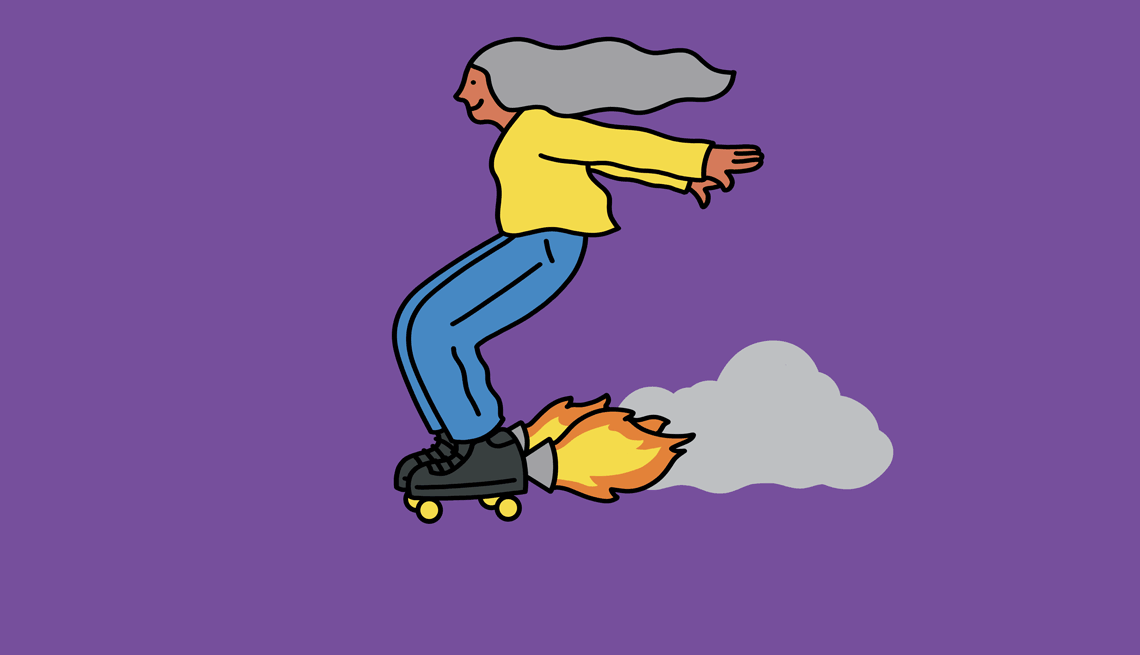
Our stamina levels may be a little lower than they used to be. But it’s important not to assume that low energy is the norm for older adults. That can lead us down a slippery slope: When you feel tired, you may move less, get out of the house less, socialize less — all bad for your mental and physical well-being. And weariness or a lack of energy for a long period may be worth a conversation with your health care provider, since chronic fatigue can be a sign that something is wrong with your body.
We talked to physicians and other health experts about the best ways for older adults to fight fatigue, and compiled a list of 25 science-based tips worth trying.
1. Hug for at least 10 seconds — consensually, please
The warmth and fuzzies you feel hugging someone is actually oxytocin, often called the “love hormone,” coursing through your system. The calming effect boosts energy by reducing stress, which gives us a chance to recharge.
“I don’t think we touch enough in our culture; some type of healthy, mutually consenting touch is very good for reducing stress, and therefore it’s going to help your energy,” says Shera Raisen, M.D., a physician of integrative medicine in New York City.
If there’s no one nearby and willing, try hugging your pet. No pet? Studies show that self-soothing touch, like placing a hand on your heart, offers similar benefits.
2. Drink a glass of warm water
Water is essential to every cell in your body. It regulates the body temperature, transports nutrients, assists in removing waste products and more. Naturally then, water has a powerful impact on how we feel. Starting the day with a tall glass is an easy way to avoid feeling sluggish later. Lukewarm water “can increase the metabolic rate, make you feel more relaxed and ready to start your day,” says Jaya Sanghavi, M.D., a physician at the Medical Nutrition Therapy Clinic in Maryland. “It can promote the body’s natural detoxification process, improve circulation throughout the body, stimulate digestion and can prevent constipation, promoting regular bowel movements.”
3. Try a cold shower or ice bath
The shock of cold-water immersion can take your breath away, but it can also be invigorating. Cold-water exposure increases norepinephrine — an energizing brain chemical that increases alertness, arousal and attention, according to a 2022 research review. Cold water also causes blood vessels to constrict and blood to move to the core organs, where it becomes oxygen- and nutrient-rich. As the body warms up, that oxygen-rich blood flows back to the rest of the body, helping to reduce inflammation. However, if you have a heart condition, this one isn’t for you.
4. Kick-start your metabolism with breakfast
While a hearty breakfast won’t provide the same jolt as an icy plunge, this first and “most important meal of the day” kick-starts your metabolism. It becomes even more important for maintaining energy levels as we age, Sanghavi says. “Starting the day with a nutritious breakfast helps regulate appetite and reduce hunger later in the day, which can prevent overeating. It can help regulate blood sugar, provide overall energy and improve cognitive function,” she says. Try to get some of these important calories from protein. Refaat Hegazi, M.D., a nutrition specialist at Abbott Laboratories in Ohio, says protein needs can double with age, and research from Abbott and The Ohio State University revealed that more than one in three Americans over 50 aren’t getting enough. An easy rule of thumb for older adults is to aim for 25 to 30 grams of protein per meal, Hegazi says. “Try to include protein-rich foods like poultry, fish, dairy, soy foods, nuts and legumes at all eating occasions.”

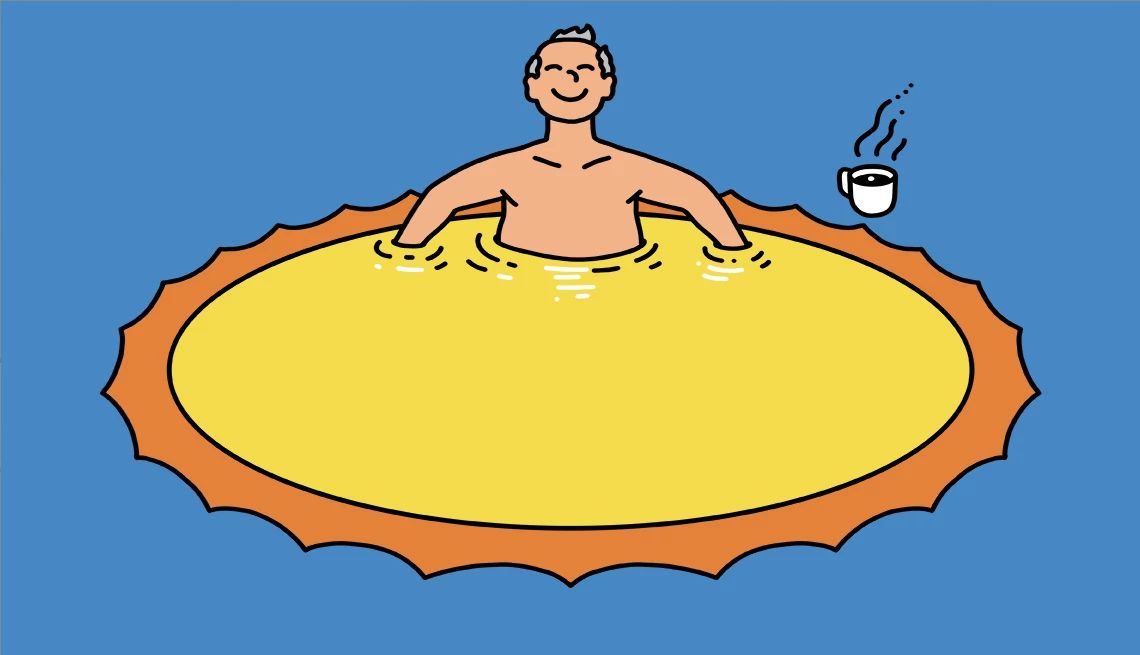
5. Soak up the morning sun
Basking in direct sunlight for 20 to 30 minutes first thing in the morning tells the brain to wake up and sets our internal clock. Morning rays can also boost mood by giving you a big dose of vitamin D, which helps the body make serotonin, also known as the “happy hormone.” For people living in places without a lot of sunlight, a light box is an excellent alternative, Raisen says. “Sit with it in front of you, pretty close, while you’re … reading or doing a meditation or just doodling or looking at your to-do list.”
6. Eat fiber-rich foods
Foods rich in fiber are slow-burning fuel sources that sustain energy over long periods. New York-based gastroenterologist Divya Mallam, M.D., recommends 25 to 30 grams of dietary fiber — about six to eight servings of fruits, vegetables and whole grains (brown rice, oatmeal, etc.) daily. And try to avoid “processed foods such as cereals, dessert and cakes, which are digested quickly and can cause blood sugar levels to spike and then quickly fall, leading to lower energy levels, or what is known as ‘food coma,’” she says.
7. Have a coffee, or two
Without the dopamine-driven good mood and feeling of alertness provided by a morning cup of joe, many of us would struggle to get going. So, enjoy the burst of energy it provides. But caffeine affects people differently, so if you get a bit jittery after that third cup, for example, it could be a sign you’re over-caffeinated. The solution: Set a limit on the number of caffeinated beverages you drink in a day. Daily intake of more than 400 milligrams of caffeine — about four cups of coffee — is probably too much. Bonus tip: While some see energy drinks as an option for a quick boost of caffeine, with all the sugar and stimulants they contain, they’re probably not the best choice for a pick-me-up.

































































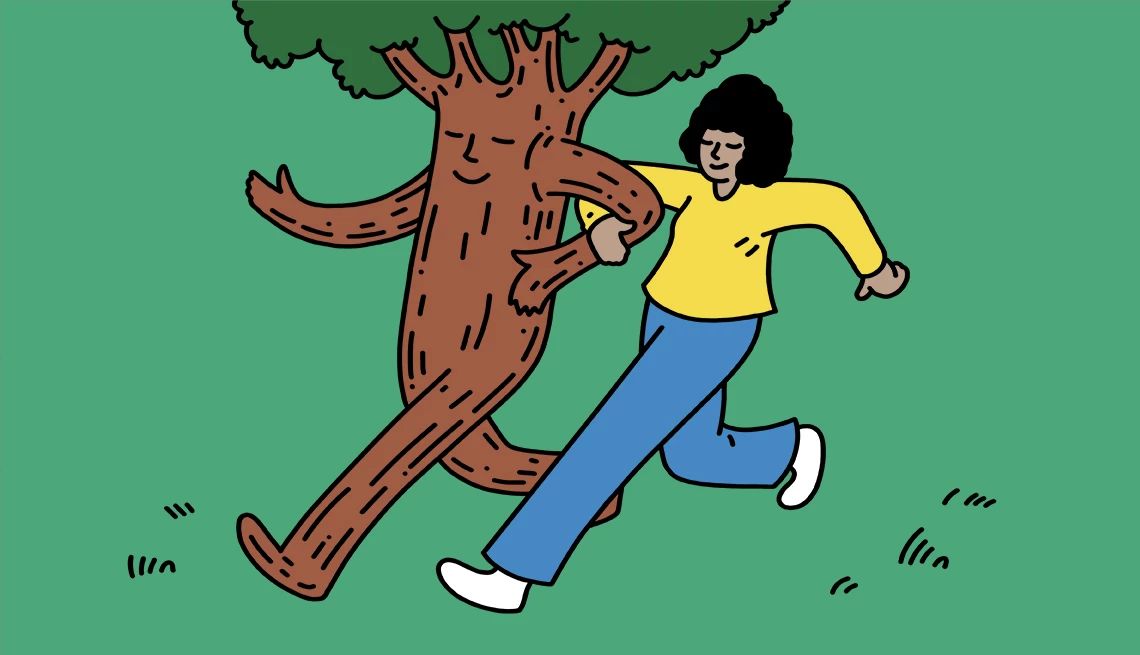
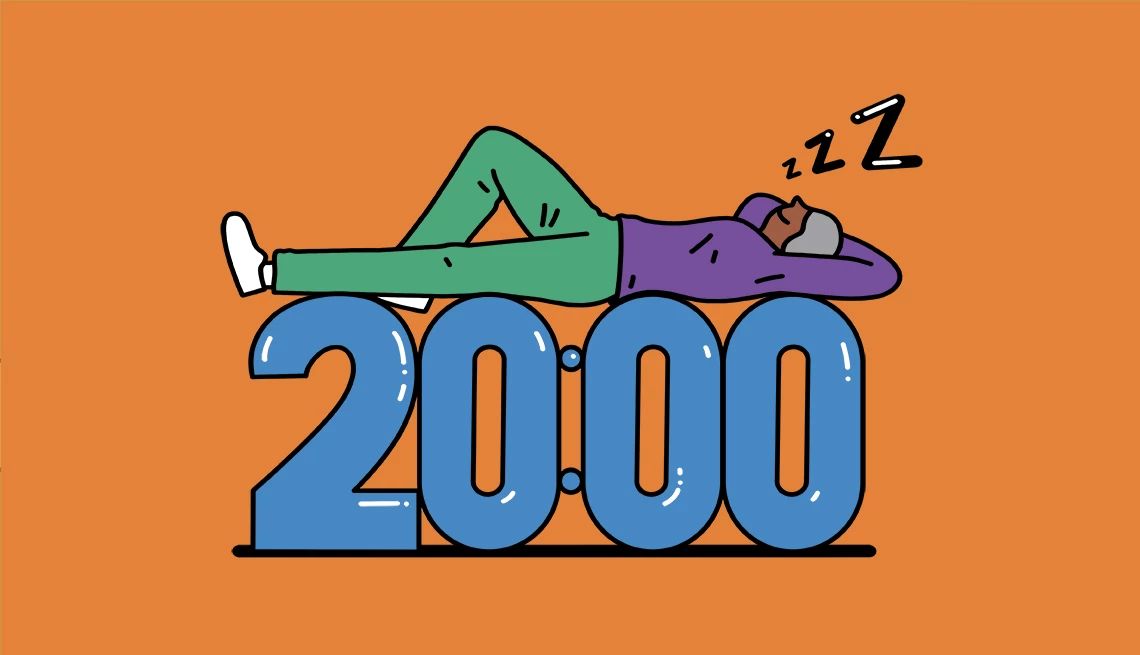


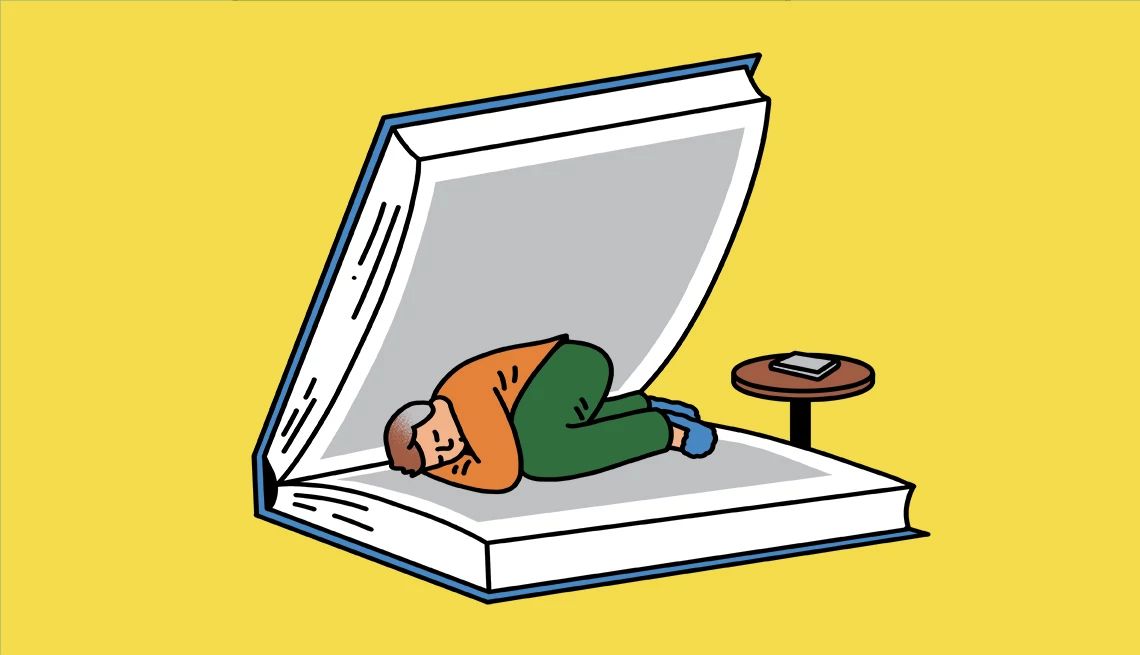



You Might Also Like
5 Ways to Find the Best Protein Bars
Here's how to find the healthiest snacks
Wake Up More Refreshed With Our Smart Guide to Sleep
43 tips to help you fight those restless, endless nights and get the slumber you need
25 Processed Foods That Are Actually Good For You
Not everything that comes in a box, bag or can wreaks havoc on a healthy diet